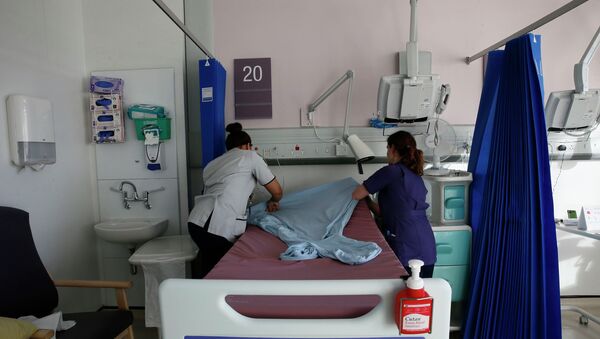The infection spreads very easily — by touch — and causes severe illness in hospitalized patients.
According to government health watchdogs, eight people have died in UK hospitals as a result of the superfungus.
"What seems to make Candida auris somewhat unique is that it spreads so easily from person to person. "Once in the bloodstream, it circulates and multiplies, causing sepsis [blood poisoning]. Yeast cells can also deposit in organs [liver, spleen, brain] causing abscesses, or forming vegetations on heart valves," a Public Health England (PHE) spokesman said.
A study conducted at Oxford University Hospital and published in October 2018 revealed that the hospital outbreak was caused by "reusable axillary temperature probes, indicating that this emerging pathogen can persist in the environment and be transmitted in health care settings."
The National Health Service says that the best way to prevent the spread of Candida auris is to "regularly wash your hands with soap and water especially after using the toilet and before eating food."
"You should also avoid touching any areas of broken skin or wound dressings," the NHS added, warning that visitors of patients should wash their hands before and after touching them or anything around the bedside.
READ MORE: Britain on War Path in Bid to Stop Dangerous 'Super Bacteria'


